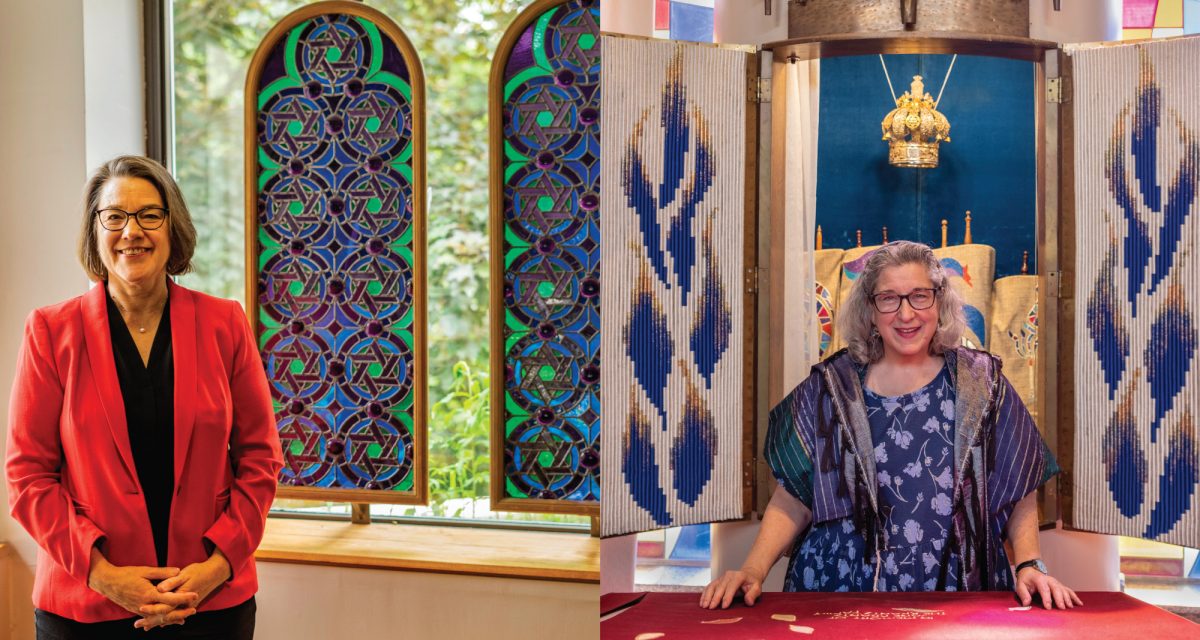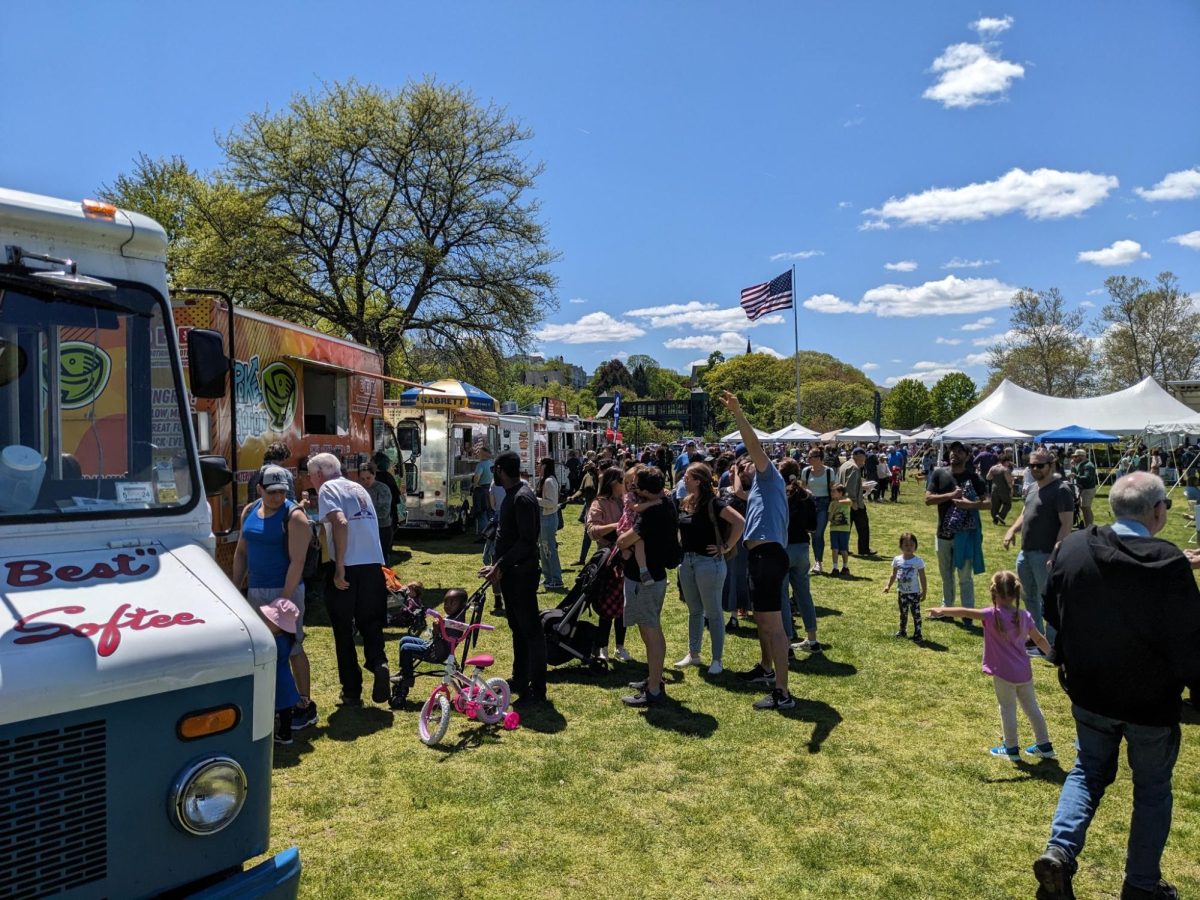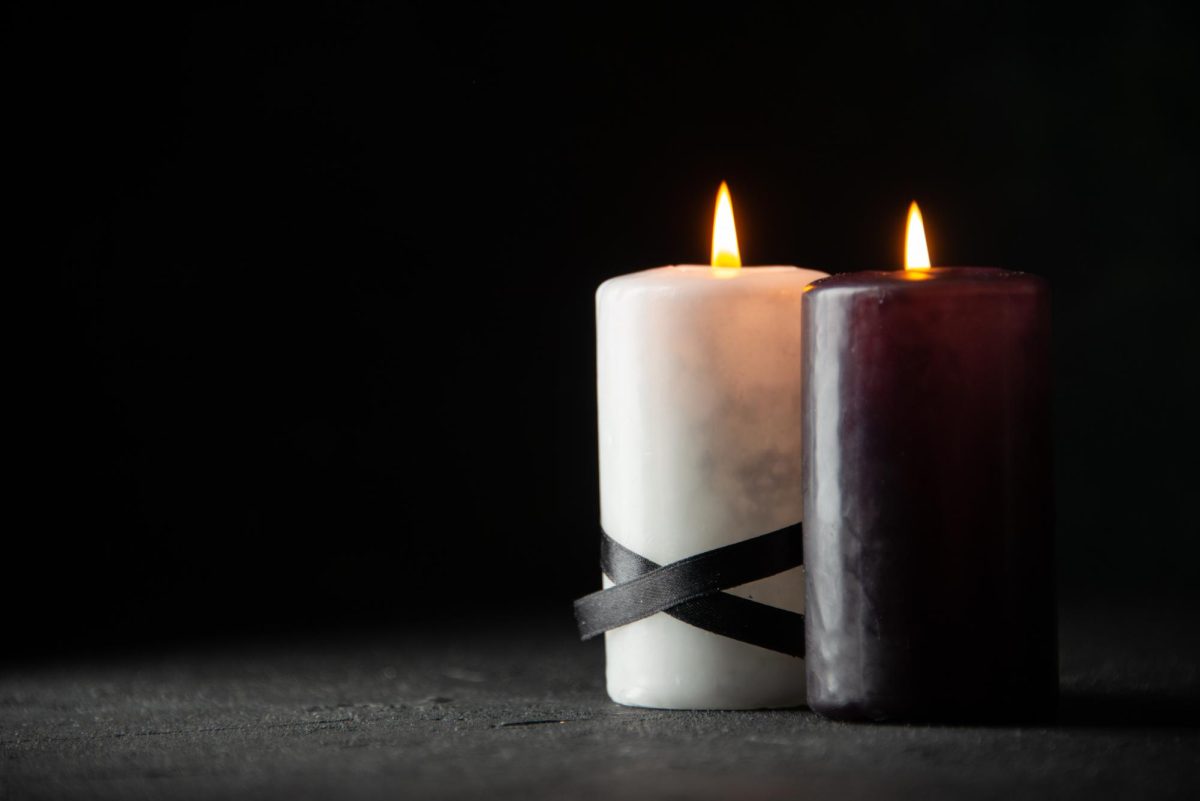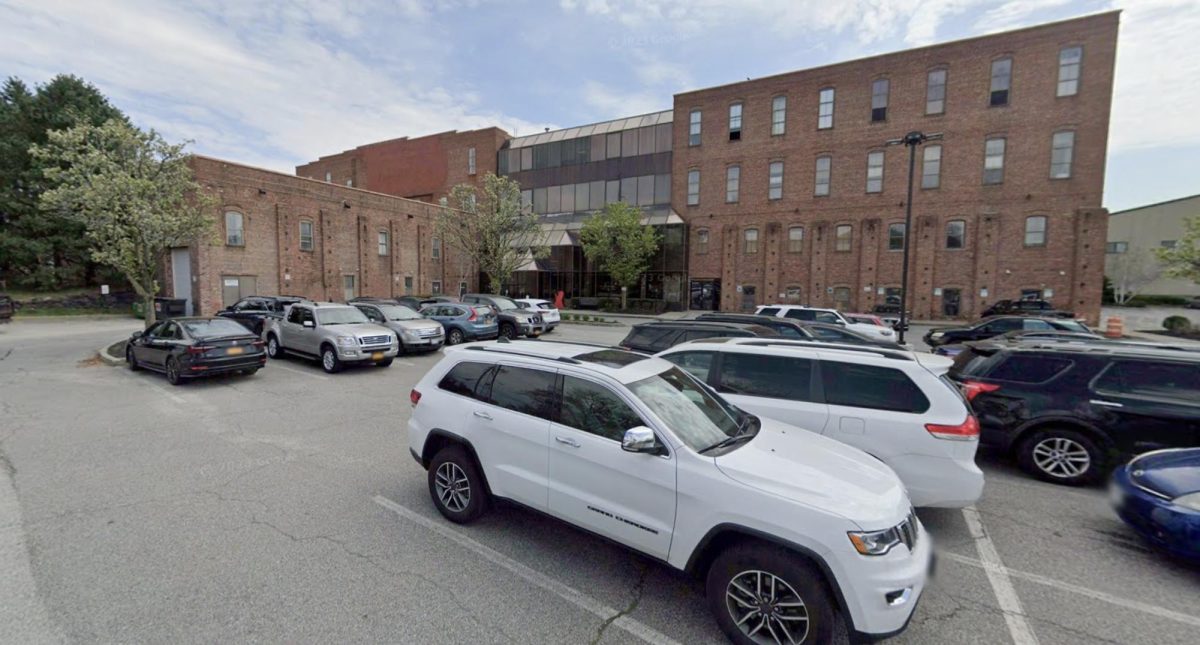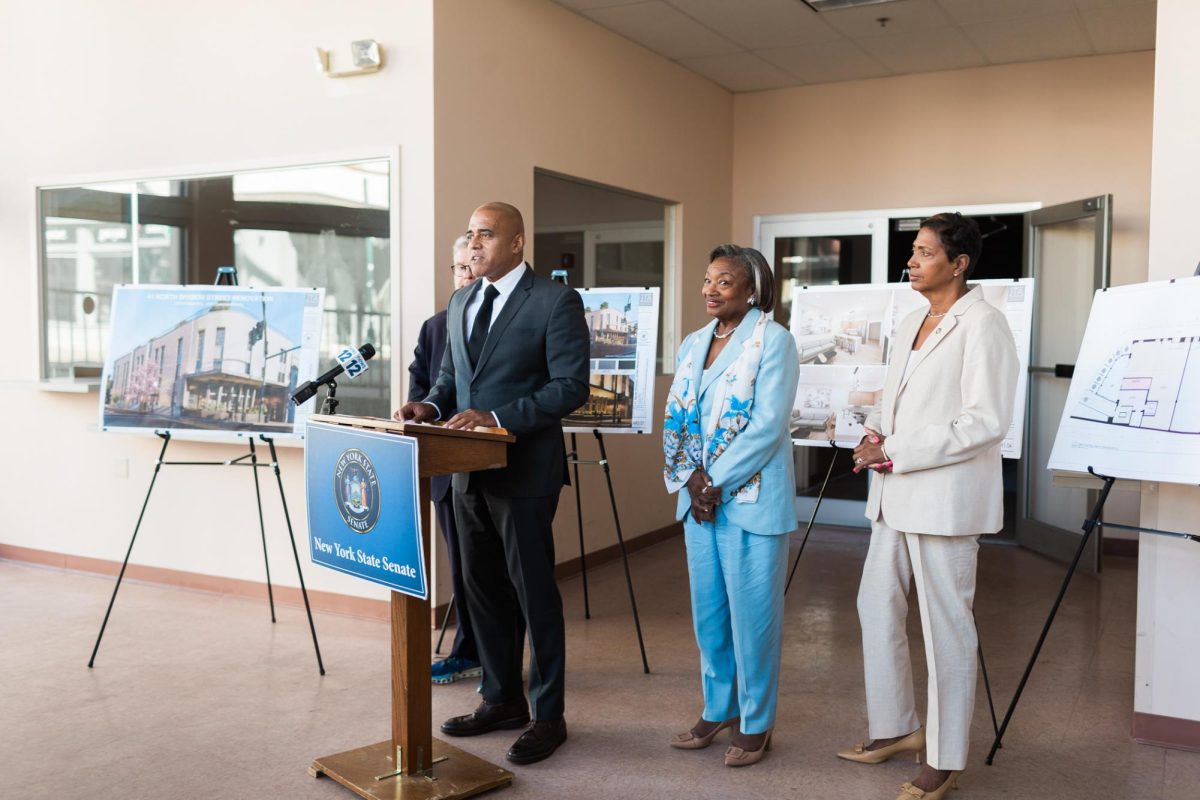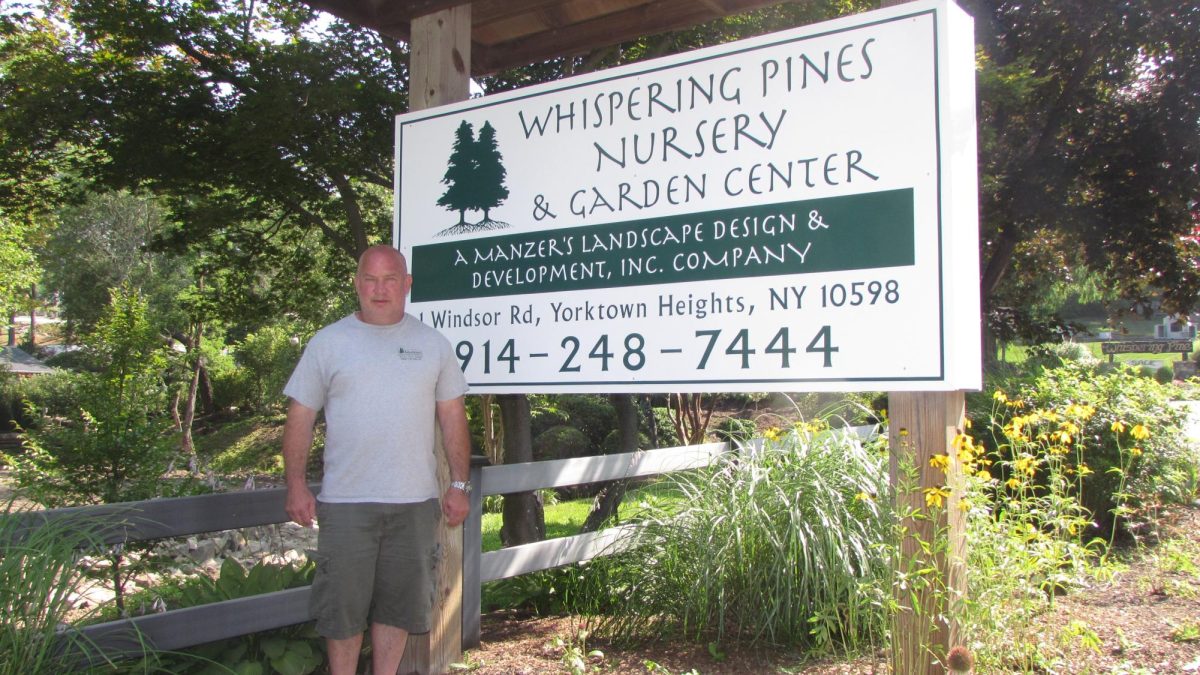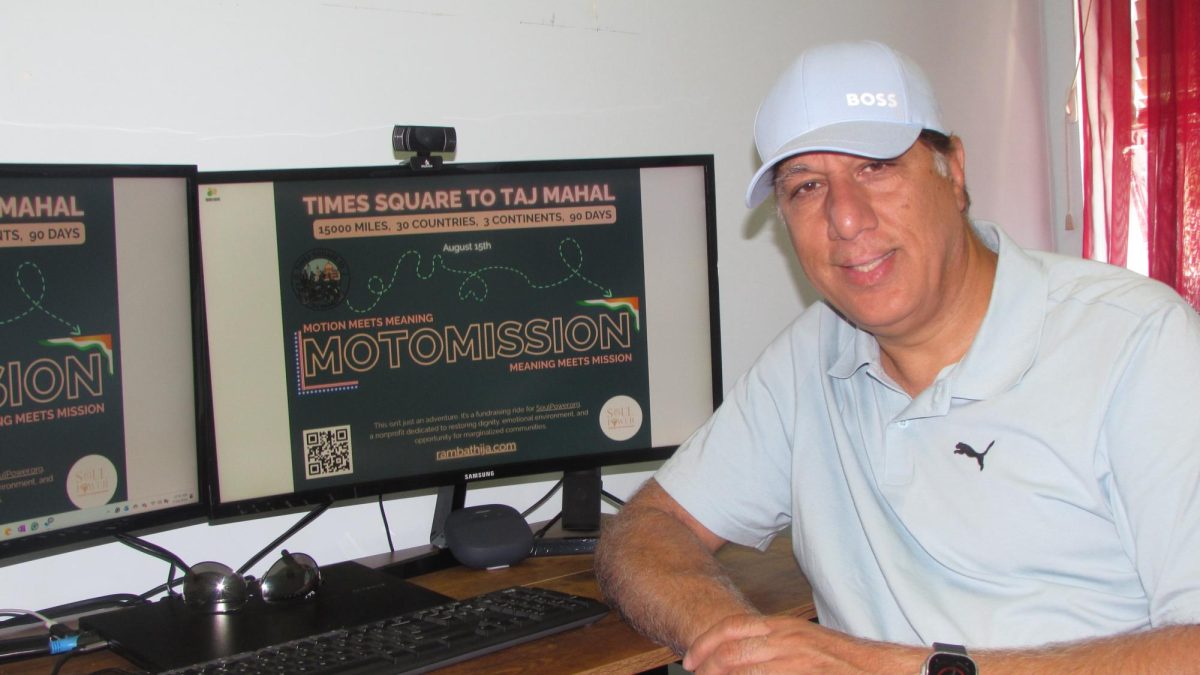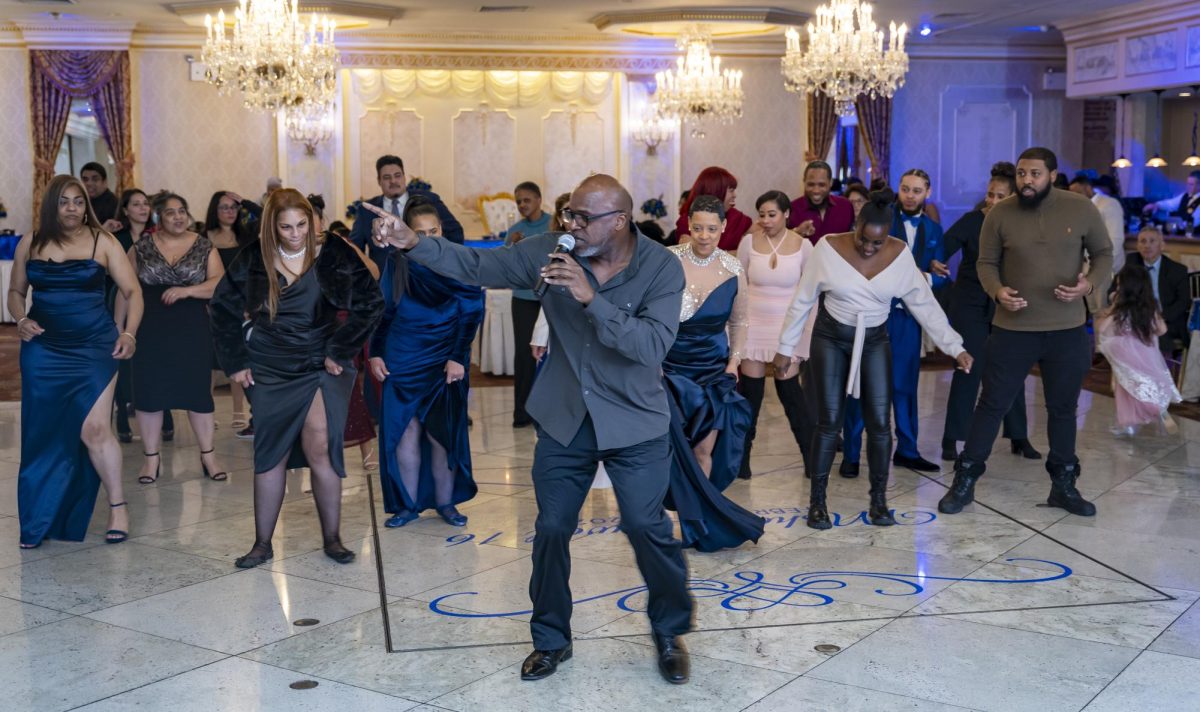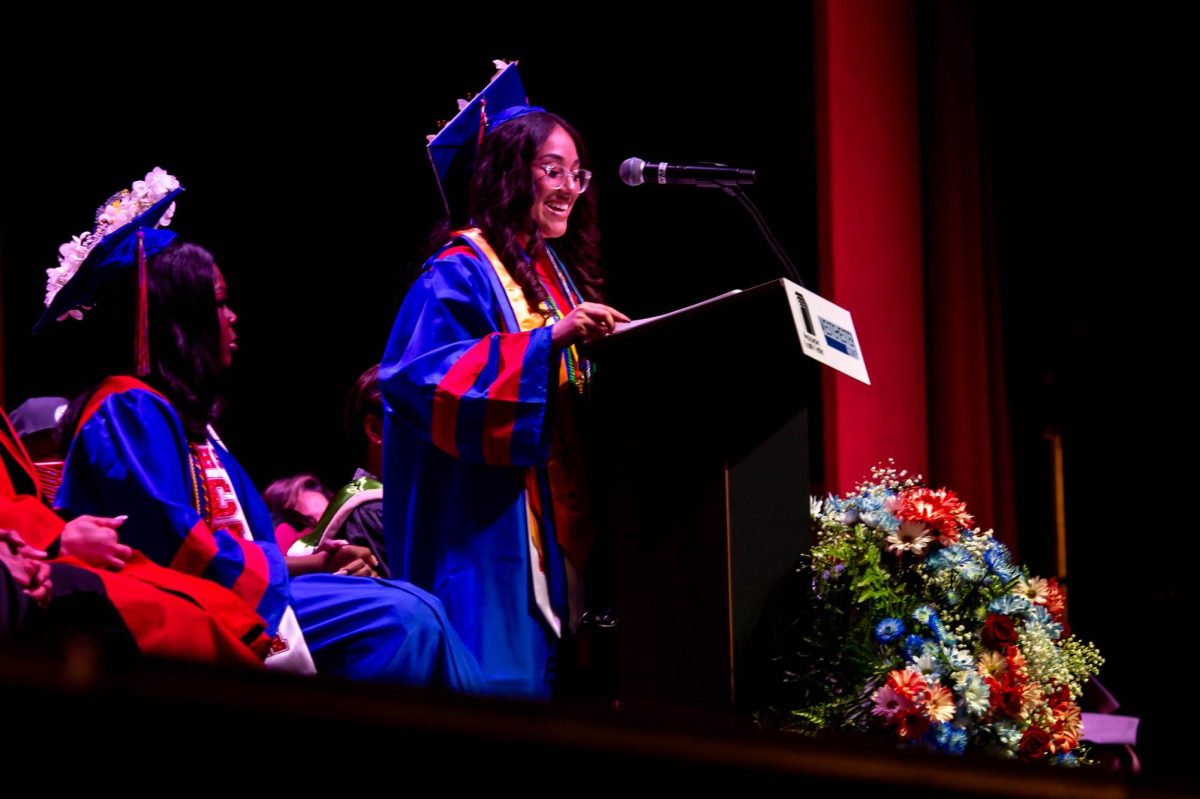Two female rabbis who’ve cared for their synagogue communities through good times and bad, including the pandemic and antisemitism, are retiring after more than 30 years of combined service.
Rabbi Jennifer Jaech of Temple Israel of Northern Westchester in Croton, and Rabbi Dana Bogatz of First Hebrew Congregation in Peekskill, are leaving their synagogues in June. The two, who are friends and share a love of horse-back-riding, are relocating near family out of state.
Jaech and her husband are moving to the Seattle area near a son and daughter-in-law; Bogatz, a widow, is moving close to extended family in New Hampshire. As they each reflect on their callings, they remember wonderful times that they wouldn’t trade for anything.
“It’s been a joy to serve Temple Israel,” says Jaech, a Washington State native. “I don’t take that for granted. It can be difficult to be a faith leader. No community is without its challenges, but this has been joyous and meaningful.”
Connecticut native Bogatz agrees. She says she’s taking each member of the conservative synagogue’s 90 families with her in her heart. “What am I taking with me? I’m taking ‘You,’ “ she told the congregation. “All the things that we did together … all the things that were fun, joyous, difficult, and challenging.”
Rabbi Jennifer Jaech, Temple Israel
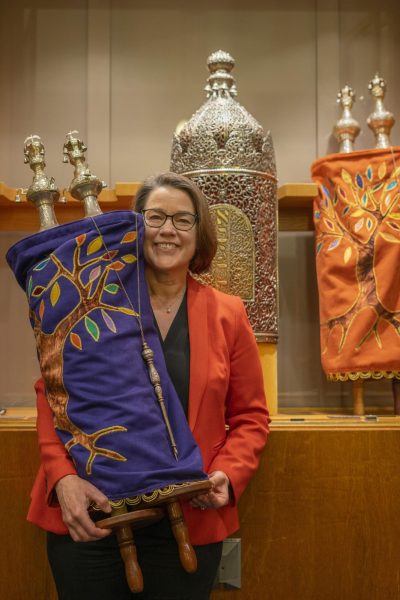
Jaech, a social justice advocate and interfaith enthusiast, first joined Temple Israel, a reformed community or about 300 families, 30 years ago when she married and moved to the area from Washington. Her husband, who had grown up in this area, had maintained his Temple membership. In 2003, she became the assistant rabbi, taking the senior role in 2006.
Her road to Judaism and rabbinical school wasn’t without challenges, she explains. Growing up Christian, Rabbi Jaech converted to Judaism after agreeing to raise her son Jewish. About the same time, she felt called to a new vocation after working in Washington State government relations. In 1998, she entered seminary.
Jaech has been active in interfaith work in the community, emphasizing social justice. She counts among her contributions being the former co-chair of the Reform Jewish Voice of New York State, advocating issues of the reform movement, including reproductive rights and equality, and offering a progressive Jewish voice.
In Croton, she had a strong influence in the interfaith community, ecumenically encouraging all clergy to have one united voice on issues. “People need love and courage. We can do that together. We give that to each other,” she says.
She recalls escorting immigrants to U.S. Immigration and Customs Enforcement check-ins, and participating in Black Lives Matter events, among others. “One of the important things of being Jewish is to stand with the oppressed,” she says. “That’s part of our DNA.”
Jaech also lists some challenges over the past few years, most recently live-streaming services and ministering online during and after the pandemic, and increasing security around the synagogue in response to antisemitism.
Rabbi Dana Bogatz, First Hebrew
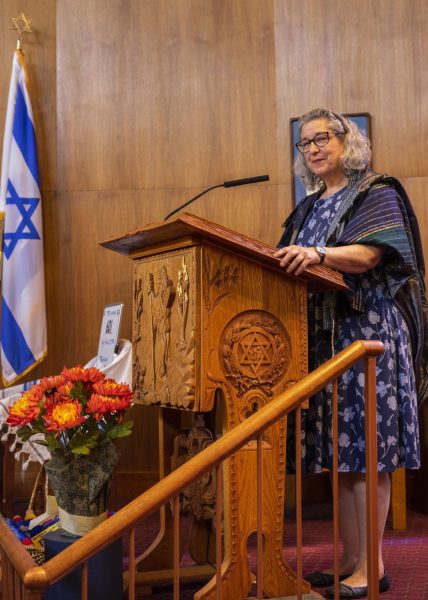
Bogatz is also a second-career rabbi. With a degree in agricultural economics and rural sociology, she originally worked in the floral import/export industry, entering seminary when she was 30. She became First Hebrew’s rabbi 10 years ago.
The rabbi says she was well prepared for the role because early in her career she worked in a women’s education and career development center, learning community and social work skills. “That was a huge benefit and something I could turn to in my work at First Hebrew. It was a great gift to have in my pocket,” she says.
She also credits being a people person, in part, for a rewarding ministry at First Hebrew. “I think about the people who are dedicated to this synagogue on a daily basis; who show up, give of themselves, and take advantage of what we have to offer. They made it easier for me here.”
Her time at First Hebrew wasn’t without hardship, including losing her husband, finding novel ways to minister through the pandemic, and appealing to new members at a time when church and synagogue membership is declining.
One of her biggest contributions, she says, was helping the conservative congregation embrace more timely ways to operate while embracing its traditional standards. “I think that what I brought here was an open way of being Jewish without giving up on ritual and tradition,” Bogatz explains. “I was able to present ways to try new things that we hadn’t experienced before.”
For example, everyone in the congregation can now participate in pot-luck meals and events that include food, bypassing the strict requirements of the synagogue’s kosher kitchen. In the past, all food had to be kosher, or purchased from a kosher cater, which was expensive and inconvenient for impromptu gatherings.
Bogatz helped First Hebrew leadership create new food guidelines, enabling members to bring food that wasn’t prepared in at-home kosher kitchens to share at get-togethers. The new guidelines prohibit food made at home from entering the synagogue’s kitchen, and require the use of paper goods, among other requirements, according to Bogatz.
“Now the whole congregation can participate, and it builds community,” she says.
One of the congregation’s challenges, she says, is attracting new members to join. “The challenge in this day and age is the notion of becoming a member of the local synagogue. People are non-joiners today. This new generation doesn’t join. We’ve had to embrace the concept of people attending and not joining.”
Like Jaech, Bogatz has also enjoyed meeting with other local rabbis and being a part of the area’s interfaith community. Both synagogues have scheduled farewell events.


